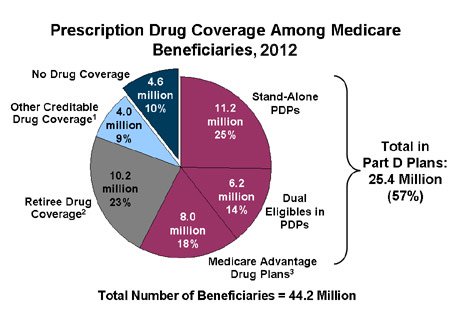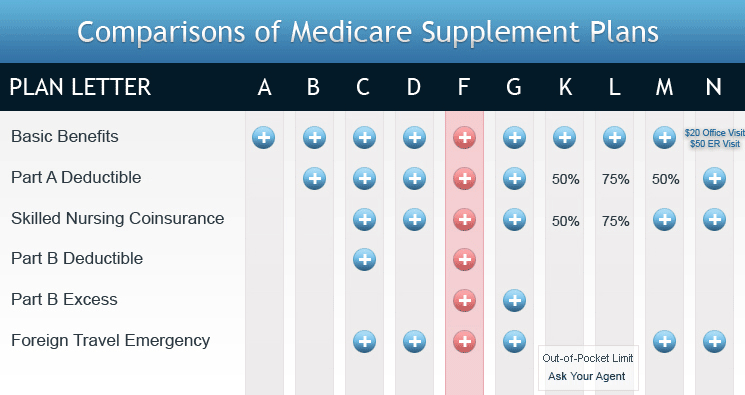A drug in general terms is something that can alter the normal functioning of a living organism. In Pharmacology, a drug can be defined as a chemical substance used to cure, treat, prevent, or diagnose a disease, or to enhance mental or physical well being.
In case of chronic disorder they are prescribed for a long period of time and in other cases for a limited duration. People can also get habituated or addicted to some drugs. Opioids or hallucinogens are chemical substances which act on the central nervous system and are known as recreational drugs.
Certain natural substances like wines, beer, and psychoactive mushrooms alter the functioning of body and mind and thereby blur the difference between food and recreational drugs. Some endogenous biochemicals are synthesized in the body for example insulin hormone but it will be called a drug if it is introduced in the body from outside.

Drug Information on Self Improvement
To improve the cognitive abilities in human beings; they are administered with Nootropics or more commonly known as “smart drugs”. These drugs help to improve the ability to concentrate, memory retention, thinking process, mood, learning capabilities and many other things.
Certain diseases like Parkinson’s disease, hyperactivity attention deficit disorder, and Alzheimer’s diseases are now more frequently being treated by using some Nootropics. Loss of brain functioning due to aging can also be regained by using these drugs. In the same way, steroids, drugs which have the ability to enhance physically capability are at times used for this purpose more commonly by professional athletes.
Drug Information on Religious and Spiritual use
The religious and spiritual effect of drugs is as old as the human race itself. Medicare Part D Drugs having religious and spiritual use are known as entheogens. Some religions have come up entirely on the use of certain drugs. Entheogens mainly consists of hallucinogens; they are either deliriants or psychedelics, but some of them also contain sedatives and stimulants.
Drug Information on administering
In this the drug, medication or other compounds are given so as to raise their concentration in the blood to an effective level. The drug can be given intramuscular, intravenously, subcutaneous or intrathecal injection.
The drug is administered by breathing into the lungs. These drugs are either in the form of dry powder or aerosol. It also includes breathing in the smoke of the substance. More examples and drug information on inhaled administration can be had from the website.
It is an infusion method in which the fluid is put in the body by piercing through the skin, with a syringe or needle, up to a sufficient depth and the material is forced into the body. This administration follows the parenteral route in which the drug does not go through the digestive system.
Inhaling a substance is known as Insufflations. This process of administration is often more complete and rapid than absorption through digestive system. Insufflated substances must be water soluble so that it can be absorbed in the mucus membranes.
This administration process is increasing in popularity in treatment of pediatric patients or patients who have phobia for needles. This practice is referred commonly as bumping, snorting, dozing or railing.
Medicines in solid or liquid form and are absorbed through intestines. Drug information on the oral administration can be had from your doctor. Drug information on the oral administration can be had from your doctor.
Medication administered and absorbed by the colon or rectum. Medicine can be in the form of a lotion, cream, and ointment and is applied either externally or inserted by means of an applicator. Suppositories, a semi solid substance prepared by mixing medicine with a wax like substance, melts as it is inserted into the rectum.
It means under the tongue. The drug dissolves as it is kept under the tongue and reaches the blood. Many drugs like steroids, enzymes, minerals, vitamins, barbiturates, and cardio vascular drugs are designed for sublingual administration.
The medicine is applied on the surface of the body such as throat, ears, eyes, anus and vagina. Many topical medications are applied directly to the skin and are known as epicutaneous. This medicine can either be in the form of powder, foam, gel, tape or paste. For more drug information on topical administration consult your family doctor.
In this medicine is administered specifically in woman’s vagina. The medicine can be in the form of a foam, cream, gel, tablet, or suppository. The medicine is administered to combat inflammation, infection or dryness of the vaginal mucosa.
Drug information on various other forms of drug administration can be had from various manual available in the market and also from your family physicians.

Read Complete Guide to Medicare Insurance
ht-740-150-02132012

